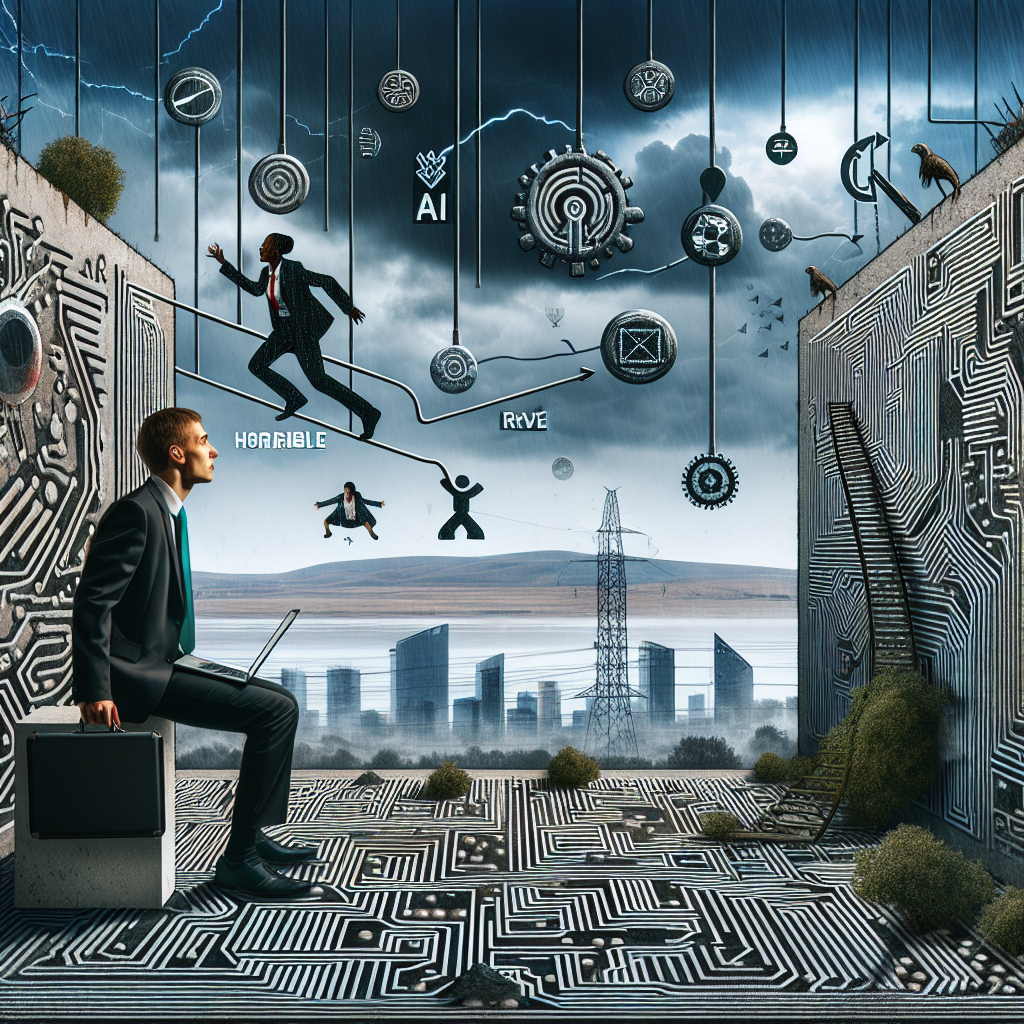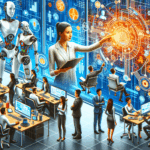The world of recruitment is rapidly evolving. We’ve moved beyond paper applications and into an era dominated by digital tools. Among these innovations, Artificial Intelligence (AI) has emerged as a prominent player. Companies are increasingly integrating AI into their hiring processes, especially for initial candidate screenings and interviews. The promise is clear: greater efficiency, reduced bias, and a streamlined experience for all. However, as with any new technology, the reality often presents a different picture, particularly from the candidate’s perspective. A recent online discussion highlighted a growing sentiment: for many job seekers, AI interviews are proving to be “horrible.”
The Cold Reality of AI Interviews
Imagine preparing for an interview, rehearsing your answers, and dressing your best. You log in, ready to impress, but instead of a human face, you’re greeted by an automated prompt. This is the reality of AI-driven interviews. Candidates are often asked to record video responses to pre-set questions. An algorithm then analyzes various factors. This can include your word choice, tone of voice, facial expressions, and even gaze.
The common refrain from candidates is a feeling of unease. There is an undeniable awkwardness in talking to a machine. This setup can feel incredibly impersonal. It strips away the natural back-and-forth of human conversation. The spontaneity of an interview is lost. Instead, candidates feel like they are performing for an unseen, unfeeling judge.
Many report feeling disconnected. They worry their true personality isn’t coming through. Subtle cues that a human interviewer would pick up might be missed. This can lead to a sense of frustration. It makes it difficult to showcase genuine enthusiasm or critical thinking skills.
Beyond the Screen: Why AI Falls Short
While AI excels at processing vast amounts of data, human interaction involves complex nuances. These are often difficult for algorithms to fully grasp. Soft skills, for instance, are paramount in many roles. Things like empathy, collaboration, and adaptability are best assessed through dynamic dialogue. A recorded response, however polished, can only offer a snapshot. It rarely captures the depth of these vital attributes.
Furthermore, concerns around algorithmic bias are significant. AI systems are trained on existing data. If this data reflects historical biases in hiring, the AI can perpetuate them. This means certain candidates might be unfairly penalized. They could be overlooked due to factors unrelated to their qualifications. This challenges the very notion of AI bringing objectivity to the hiring process.
Technical glitches also add to candidate woes. Imagine your internet dropping mid-sentence or your microphone failing. These issues can derail an interview instantly. With a human interviewer, such problems can be easily navigated. With an AI, it often means restarting or losing valuable time. This adds unnecessary stress to an already high-stakes situation.
The Business Case for AI (and its Blind Spots)
Companies adopt AI for several compelling reasons. The primary drivers are often efficiency and scalability. AI can screen thousands of applications far quicker than human recruiters. It can standardize the initial interview process. This promises to save time and reduce costs. For high-volume roles, this appears to be a logical step forward.
AI is also touted for its potential to reduce human error and bias. The idea is that an algorithm makes consistent decisions. It doesn’t have a bad day. It doesn’t play favorites. However, as noted, the bias can be embedded in the data itself. Over-reliance on AI can also lead to a “black box” problem. It becomes hard to understand why a candidate was rejected. This lack of transparency can be frustrating for job seekers. It also makes it difficult for companies to truly learn and improve their hiring strategies. The focus shifts from finding the best talent to optimizing for an algorithm.
Striking a Balance: A Path Forward
The discomfort many candidates express doesn’t mean AI has no place in recruitment. Rather, it highlights the need for a more thoughtful approach. The goal should be to augment human decision-making, not replace it entirely. Here are some considerations for companies:
- Transparency is Key: Be clear with candidates about how AI is used.
- Explain what the AI is assessing.
- Hybrid Models: Combine AI screening with human interaction. Use AI for initial filtering. Then, bring in human recruiters for deeper dives. This preserves the essential human element.
- Focus on Skills, Not Behavior: Design AI to assess specific, job-relevant skills. Avoid overly broad assessments of personality or “fit” that can be subjective.
- Regular Audits: Continuously audit AI systems for bias. Ensure they are fair and equitable. Gather feedback from candidates to refine the process.
- Candidate Experience Matters: Remember that every interaction shapes a candidate’s view of your company. A positive experience, even if unsuccessful, leaves a lasting impression.
The Future of Hiring
The integration of AI into our professional lives is inevitable. However, how we use these powerful tools is critical. In hiring, it’s not merely about filling a vacancy. It’s about building teams, fostering culture, and discovering potential. The human touch remains irreplaceable in this endeavor. AI can be a powerful assistant, but it should never be the sole judge.
As we navigate this evolving landscape, let’s prioritize a human-centric approach. What has been your experience with AI interviews? Share your thoughts and join the conversation about the future of work.



